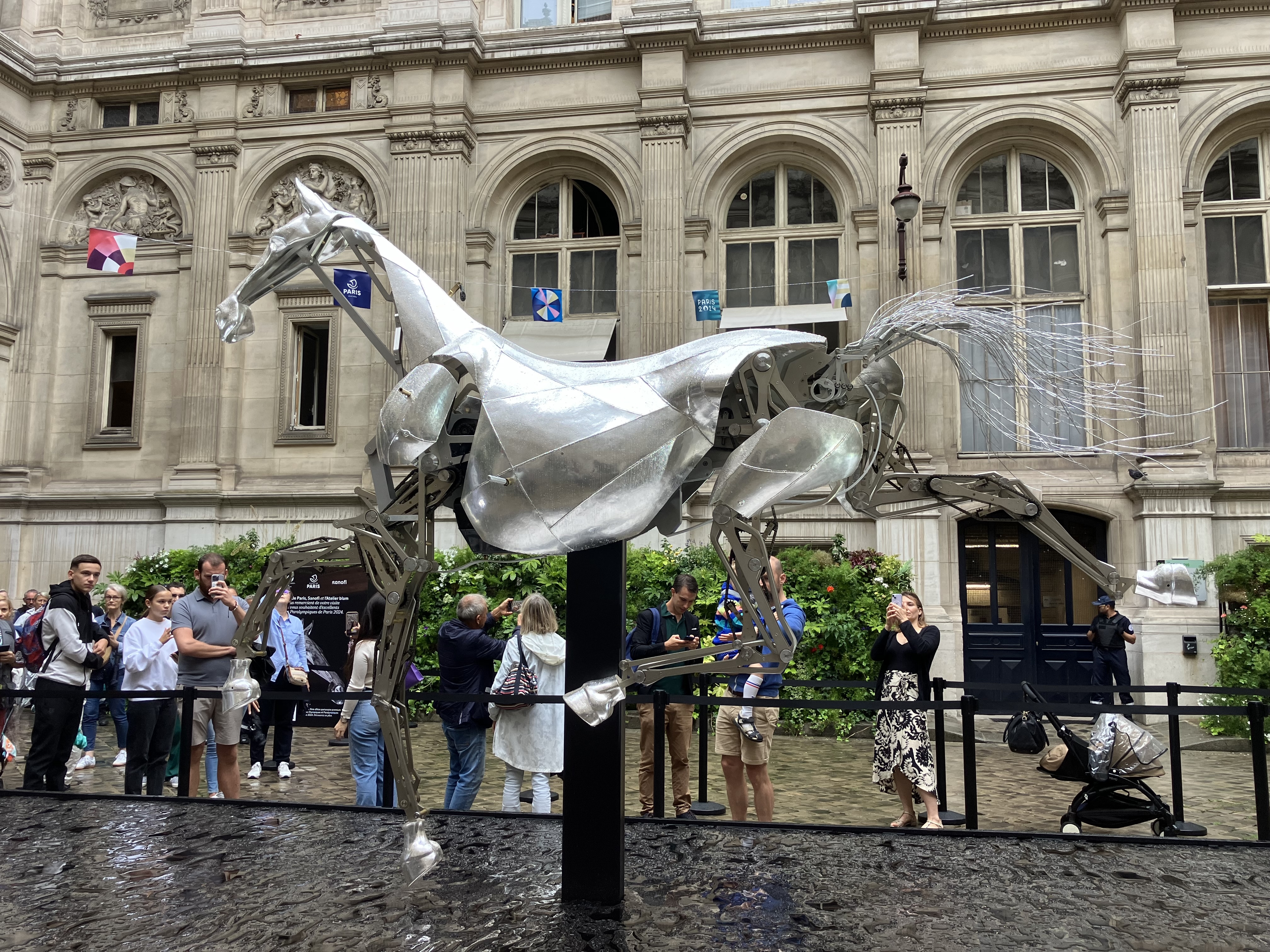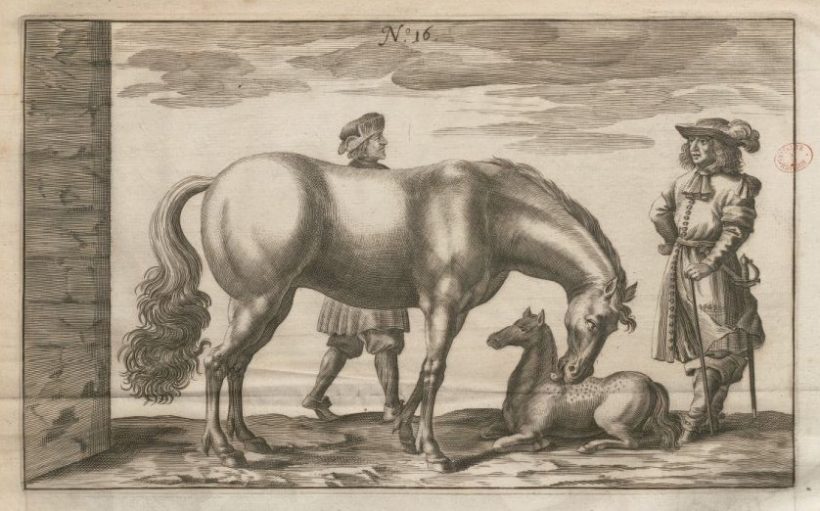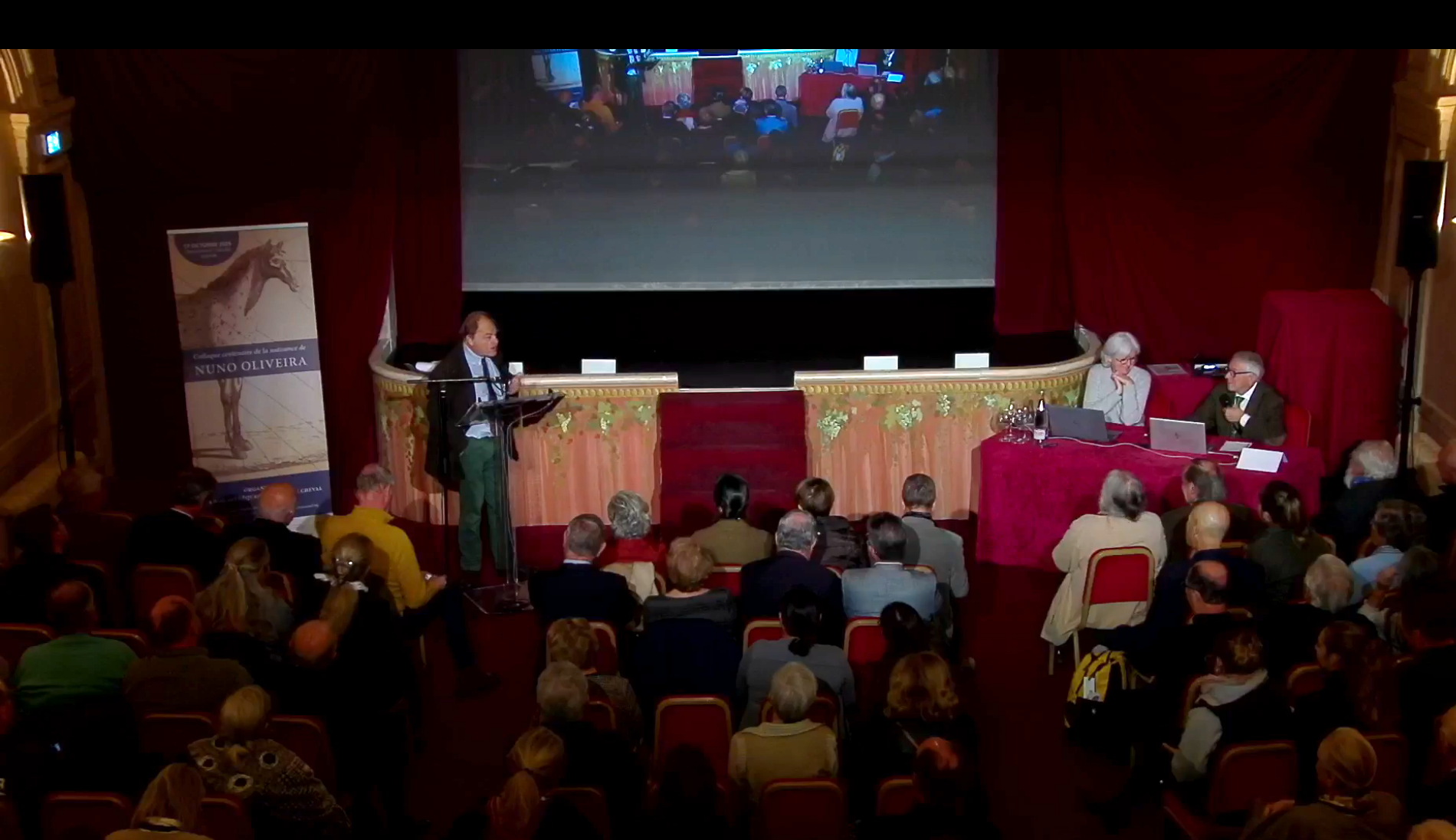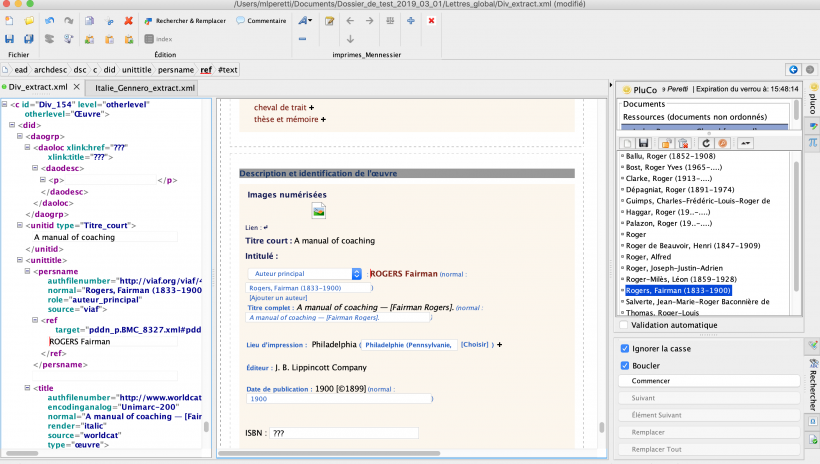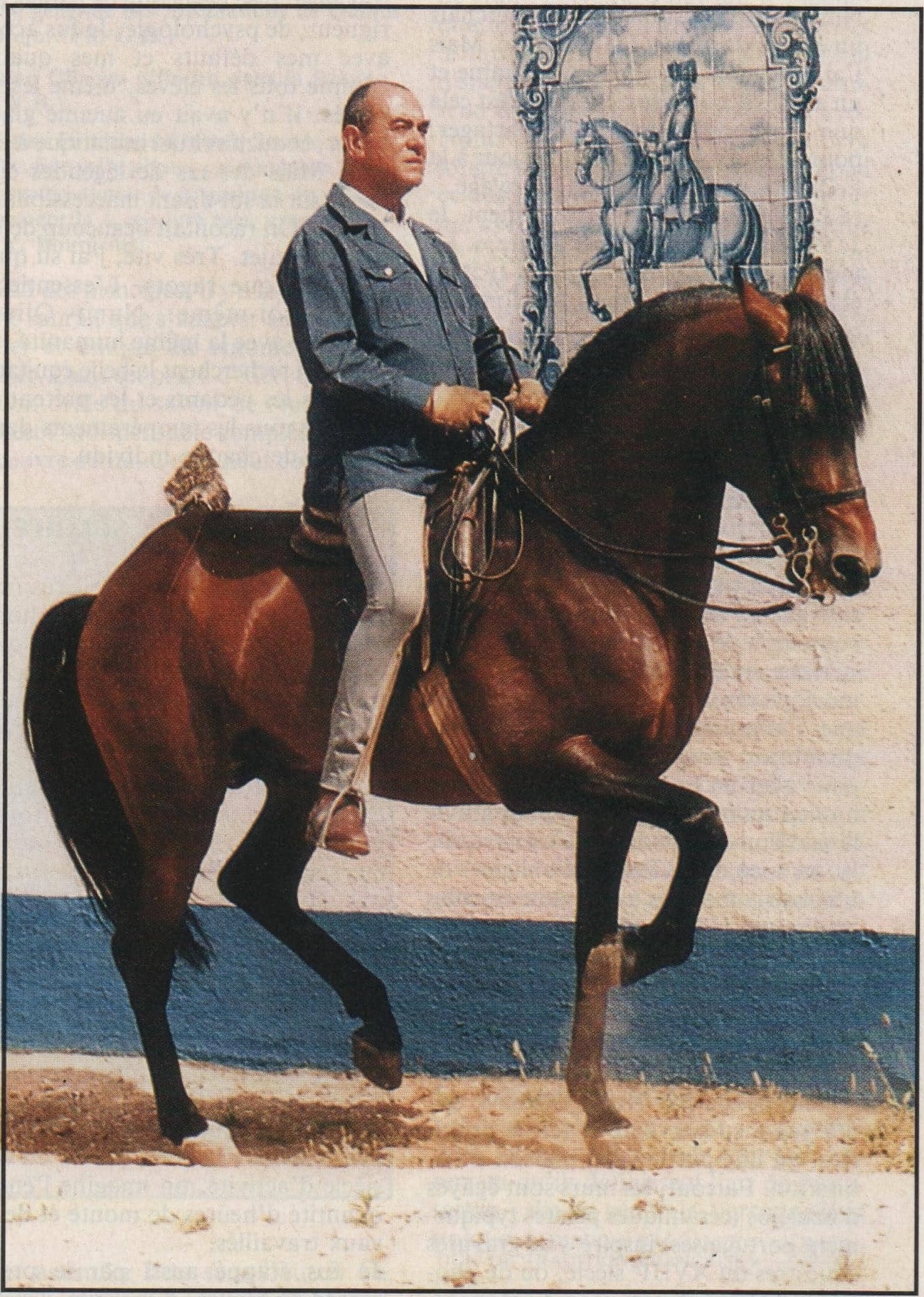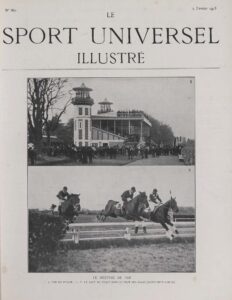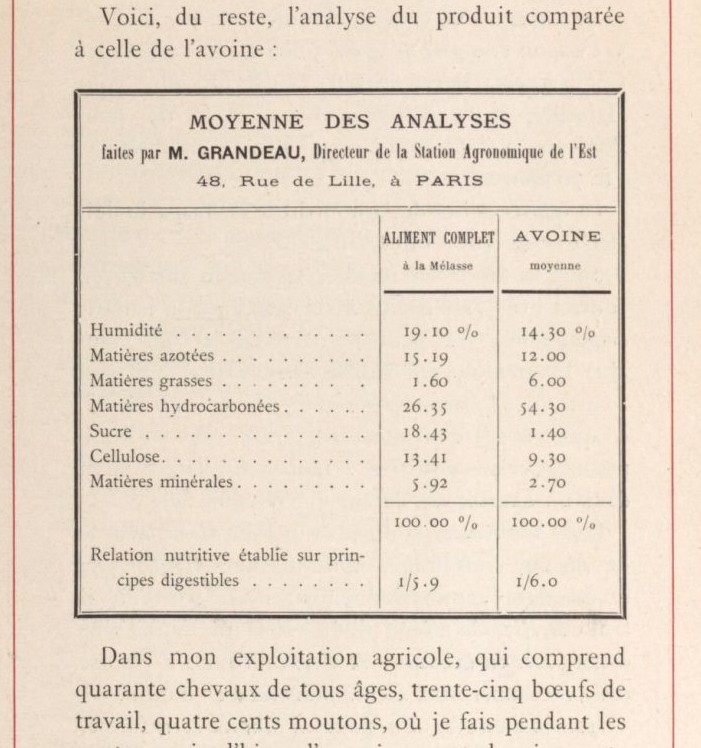
The beginnings of industrial food
We have to go back to long before the age of oil: transport was essentially horse-drawn, animal traction was vital for agriculture, and horses had to be fast and efficient. It was, and still is, a priority to feed horses properly to keep them healthy, hardy and with plenty of energy to spare.
With the industrial revolution, many initiatives appeared to easily produce rich, healthy, practical and economical feed. There was no lack of brochures promoting Magic recipes, sometimes really surprising.
Thus, the old veterinarian Ansbert Laquerrière perfected a food based on … horse meat. He had this idea during the siege of his camp in 1870, while making real efforts to feed and care for the horses of his regiment. Before perfecting a “meat pie”, he started with raw meat. Today that experience surprises us, and that is without recalling the scandal of the disastrous mad cow disease that originated in animal meal.
Research on the use of molasses and sugar to feed cattle and horses also stands out in the early days of industrial food production. The molasses extracted from the refining of sugar extracted from sweet beets has the advantage of containing vitamin B and minerals. Many brochures explain the production in powder, granules or tortillas of this complete food. At that time, molasses is the panacea, cheaper and easier to use than oats, which are very expensive to import.
Jules Hélot’s brochure shows the advantages: his mares can work until foaling without consuming a blade of grass, after three months he could wean the foals and at two years of age he puts them in harnesses so that they can do twelve hours of work in the fields or a twenty-kilometer day’s walk every day. The farmer explains that it is very easy to accustom the animal to this complete feed and that it also avoids the risk of colic. And the last argument is that sweet beet is French.
Livestock feed becomes an excellent outlet for refining residues. The Say sugar factory, created in 1812 and still in operation under the name of Béghin-Say, also brought out a brochure on animal feed with its “Sugar-Molasses-Say, Patented Product”. If you want to be well served, serve yourself!
Read more.
